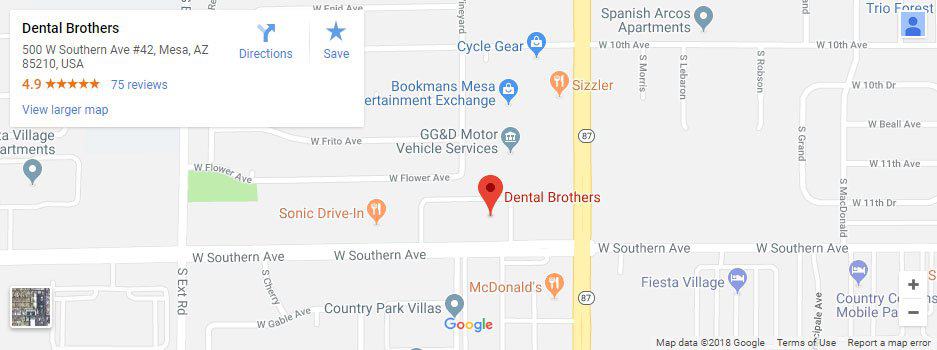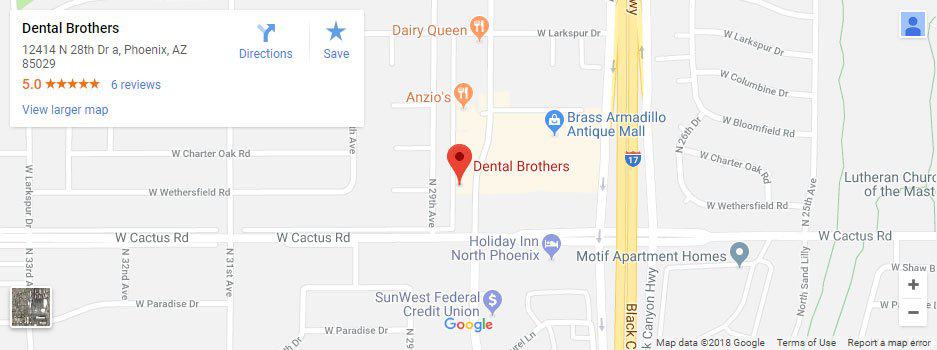Anyone missing a tooth or more than one, or who is facing the prospect of losing teeth, will need to explore their teeth-restoration options. There are more options out there today than ever before, and they are far more reliable now than at any time in the past.
The most obvious benefit of a bridge is the aesthetic one. The artificial teeth, called “pontics,” look just like natural teeth and seamlessly blend into your smile. Missing teeth can also cause other problems, such as poor oral health, higher risk of gum disease, “drifting” or shifting teeth, speech impediments, facial distortions and difficulty chewing. Bridges will address all of those issues.
Who should consider getting dental bridges?
Types of Bridges
First, there are traditional bridges, which use crowns to anchor the bridge. The pontics are attached to the crowns, which are securely fastened to the tops of adjacent teeth. The anchoring teeth are called “abutment teeth,” and they must be shaped to receive the crowns.
Next, there are cantilever bridges. These attach to only one nearby tooth instead of two. This system is less common nowadays and many dentists will not recommend it. It should not be used, at least, far in the back of the mouth since this puts too much pressure on teeth in that area.
The third type of bridge is the bonded bridge. This system simply attaches false teeth to natural teeth by fusing metal or ceramic “wings” to them. Only metals safe to be in your mouth are used, and a professional dentist will fuse the bond securely.
Finally, you could opt for an implant bridge. This method places an artificial tooth under the gums and/or into the jaw bone. A titanium post is sometimes used to anchor the new tooth, which mimics the shape and function of the lost tooth.
How much do dental bridges cost?
The exact price will vary among dental practices and is based on several factors, including:
- The type of bridge chosen. Implants, for example, will cost more than crowns.
- The material used. Whether you choose for the artificial tooth to be fabricated from porcelain, ceramic, gold, alloys, zirconia, etc. will have a major impact on the total cost.
- The time-frame. Same-day bridges are sometimes possible, but the high-tech, digital equipment they require and the priority status at the dental lab will add something to the price tag.
Dental bridges can help improve your dental health and maintain a healthy smile. To learn more about the cost and benefits of bridges, you can learn more and discuss those options with us at Dental Brothers.
Services
Take care of your dental hygiene by scheduling a visit to our dentists today!
Your Dentists in Mesa
Call 480-664-1449
Your Dentists in Phoenix
Call 602-993-0670



